Coronavirus: Mines, hotels to host evacuees
Quarantine centres are being identified as the Morrison government prepares for the potential evacuation of thousands of Aussies.
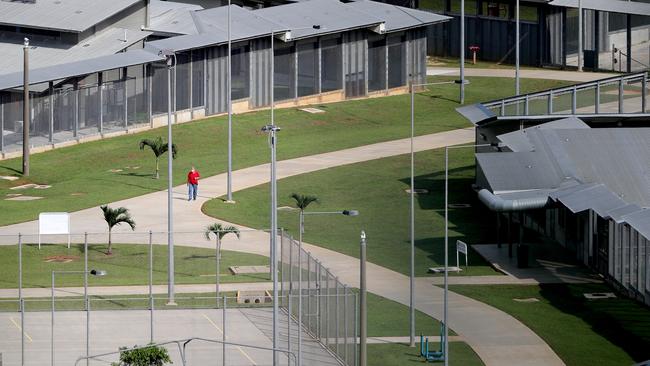
Isolated mining camps and hotels are being identified as temporary quarantine centres as the Morrison government prepares for the potential evacuation of thousands of Australians from coronavirus hotspots.
The move to find alternative accommodation came as Josh Frydenberg warned state treasurers that the short-term economic shock sparked by the coronavirus could be more severe than the SARS outbreak in 2003, The Australian has learned.
In a letter sent to his state counterparts on Wednesday, Mr Frydenberg said the coronavirus had triggered immediate economic impacts and signalled that the health crisis would hit tourism and higher education businesses, and potentially disrupt commodity exports.
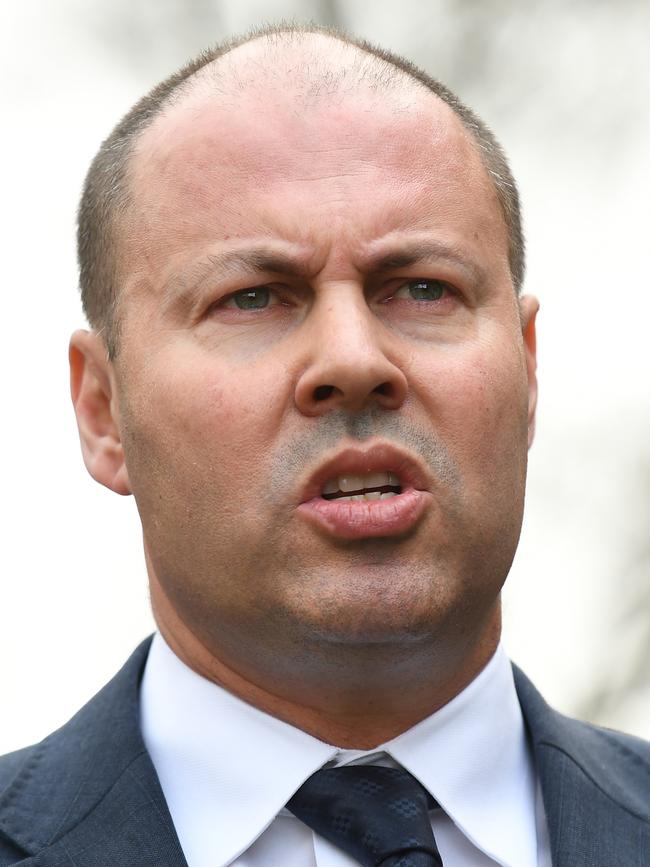
Home Affairs Minister Peter Dutton said the government was “looking at every scenario possible”, including taking over mining camps and hotels to accommodate Australians from China. He said it was likely further evacuations from China would be required, exceeding the capacity at the Christmas Island isolation centre.
“We have been worried about cruise ships,” Mr Dutton told the ABC. “We are worried about what happens if further provinces are shut down, like has happened already in China, and whether we face the prospect of trying to assist people to depart literally in the thousands.”
The Christmas Island centre housed more than 2700 asylum-seekers at the height of the refugee crisis in 2010, but its capacity as a quarantine facility is likely to be far lower, and would be determined by Australian Medical Assistance Team specialists.
Australian Border Force was preparing for the arrival on Thursday of 35 more evacuees at Christmas Island via New Zealand after their charter flight, carrying 190 people in total, landed in Auckland on Wednesday. A Qantas rescue flight this week delivered 238 Australians to Christmas Island via the Learmonth air base in Western Australia.
The coronavirus death toll rose to 490 on Wednesday, most of them in Hubei province, while the number of worldwide infections was up to 25,500.
Two Australians aboard a cruise ship off Japan were flown to nearby hospitals after being diagnosed with coronavirus. A further 221 Australians were aboard the ship, which was carrying more than 3700 travellers and staff
.Scott Morrison warned Australians in China outside Hubei province, the centre of the outbreak, not to rely on the Australian government to evacuate them. The Prime Minister said Australians elsewhere in China were still free to return home as long as they stayed isolated for a two-week period, but urged them to get on one of the remaining Qantas commercial flights, which will cease on Sunday, or risk being stranded.
In his letter, Mr Frydenberg informed the states he had instructed Treasury to undertake “scenario analysis”, including comparing the coronavirus spread with the economic downturn caused by the SARS virus outbreak in 2003. There are 14 confirmed cases of the coronavirus in Australia, with a further 213 cases that Mr Frydenger said met “the suspected case definition and are being tested”.
Mr Frydenberg, who will discuss the economic impacts with state counterparts at an upcoming Council on Federal Financial Relations meeting, said travel restrictions imposed by Australia and China would likely hit GDP growth. Senior government sources said this week that while the bushfire response could be absorbed by the budget, the coronavirus posed a greater threat to the Coalition’s $5bn surplus pledge.
Mr Frydenberg, who is managing the government’s economic response to the bushfire disasters and coronavirus ahead of the May budget, said that while the SARS epidemic was “instructive”, the coronavirus was “occurring in a different environment”.
“The actions taken to contain the coronavirus outbreak have been swifter, and stronger,” Mr Frydenberg said. “China’s lockdown of affected regions and restrictions on trade and transport are unprecedented globally.
“SARS also did not see the strict travel restrictions implemented by Australia and other like-minded countries. These actions should help to contain the virus quickly, but may also exacerbate the economic shock in the short term.”
Mr Frydenberg said that, in the short term, the domestic economic effects were likely to “arise directly from an impact on international tourism” and international students being unable to return to Australia. “In 2018-19, there were around 1.4 million short-term arrivals from China, representing 15 per cent of total short-term arrivals,” he said. “There were 212,000 students (or 28 per cent of all foreign students) from China studying in Australia over the period January to November 2019.”
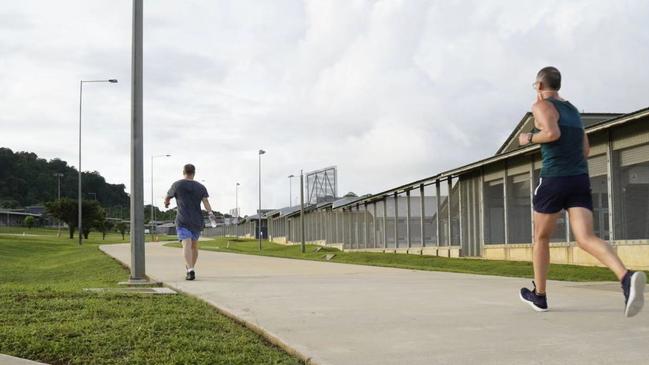
Mr Frydenberg said that, if the outbreak could not be contained, markets for commodities and other exports might be disrupted and there could be effects on consumer confidence, particularly if more Australian cases were confirmed. “Using SARS as a guide, from March 2003 to August 2003, total short-term visitor arrivals fell by around 9 per cent compared with the same period the previous year,” he said. “This represented a fall of around 211,000 visitors over six months. Taking the direct effect of the fall in services exports on GDP, SARS appears to have reduced real GDP growth in Australia by around 0.2 percentage points in the June quarter 2003.”
Mr Frydenberg said another major point of difference with the SARS outbreak was the fact the Chinese economy was nearly four times larger than it was in 2003, and highlighted that China’s share of Australia’s tourism export value had increased nearly seven-fold.
The government’s immediate response to the outbreak has been prioritised on health with Mr Morrison imposing strict travel restrictions on the weekend stopping foreign nationals from entering from China. The decision will be reviewed within 14 days of the announcement on February 1.
On Tuesday, the Chinese embassy blasted the government over its ban on travellers from China, other than Australian citizens or permanent residents, suggesting Australia had succumbed to panic and over-reaction. Mr Morrison said the national security committee of cabinet had relied on the best available medical advice.
China’s deputy ambassador to Australia, Wang Xining, accused the government of failing to notify the embassy of the decision.
Mr Morrison said a call was made to Chinese officials about 30 minutes before the announcement on Saturday. He said the call went unanswered, but contact was made about five minutes before he publicly revealed the ban.



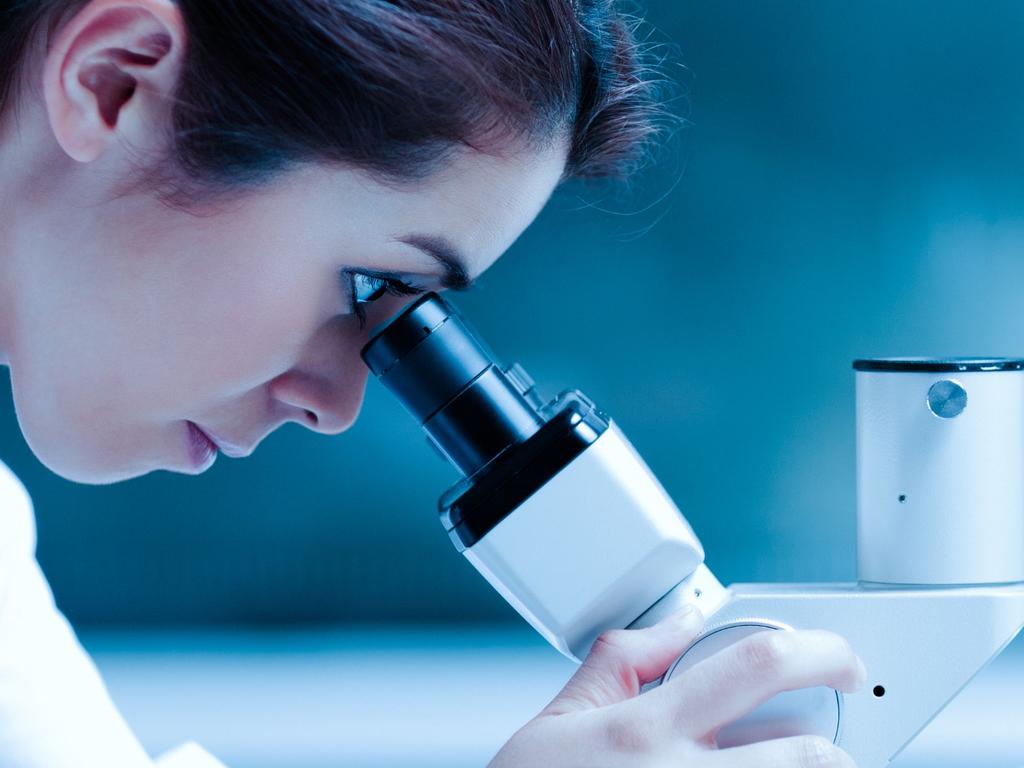
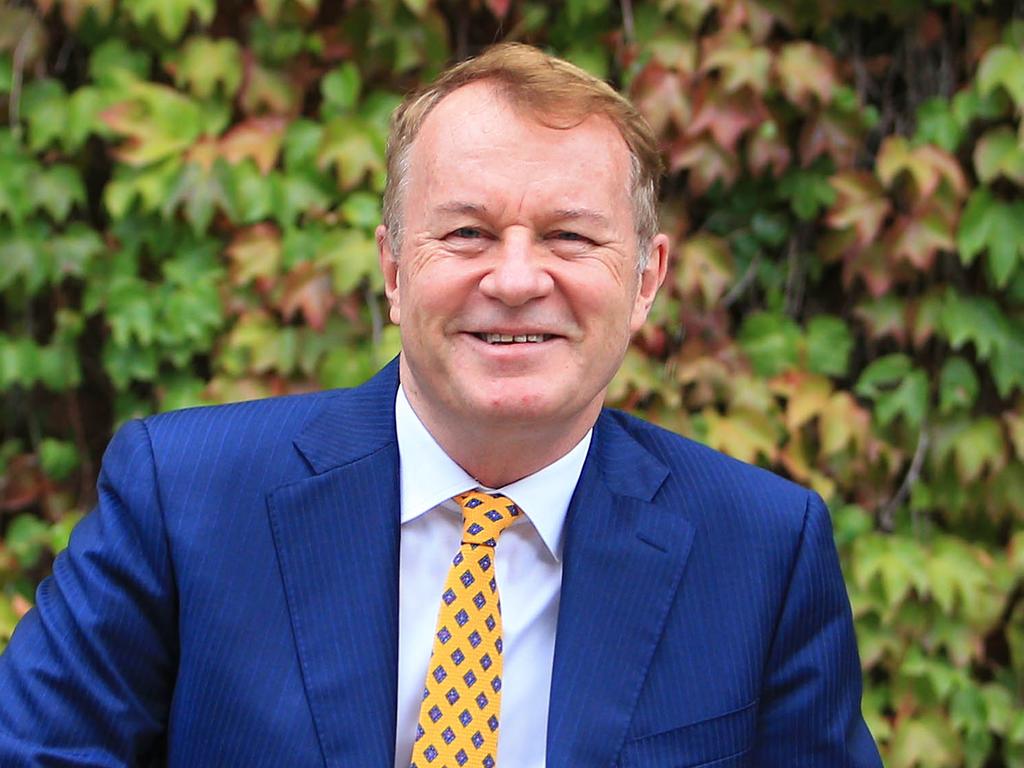


To join the conversation, please log in. Don't have an account? Register
Join the conversation, you are commenting as Logout